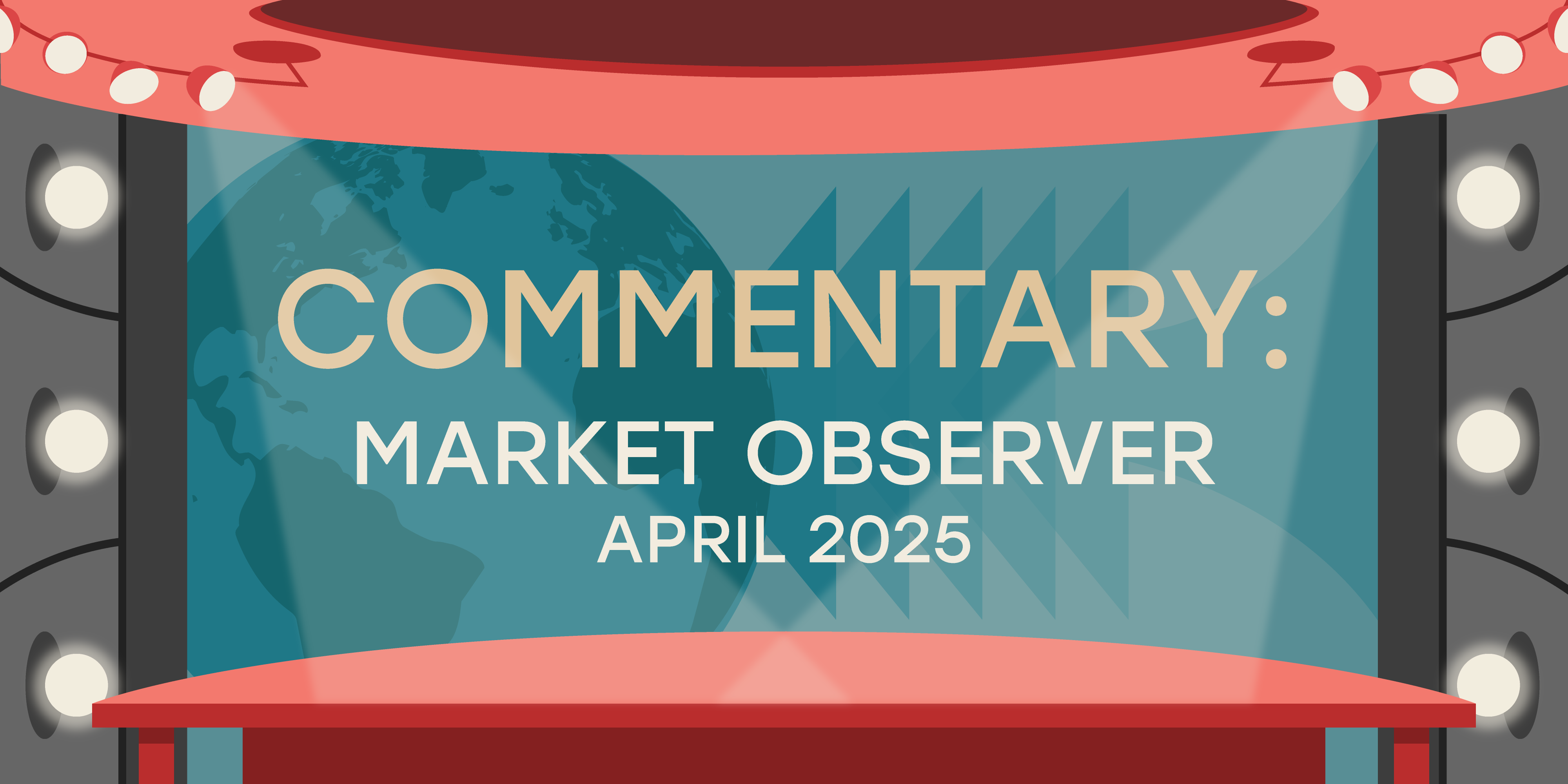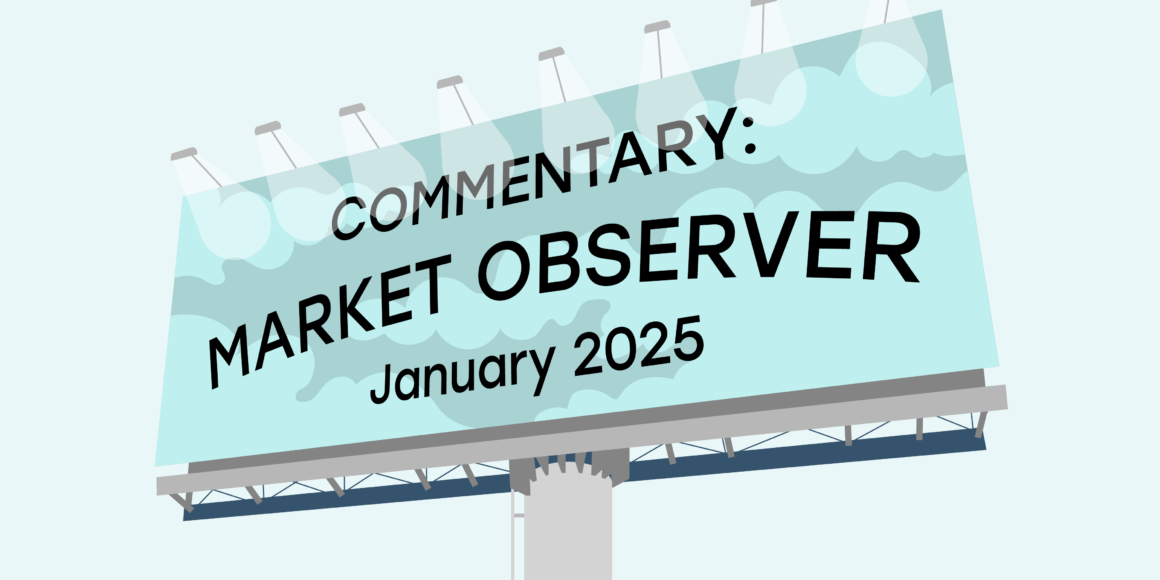Attempts to predict what will happen in financial markets have always been a fool’s errand, and that unpredictability has been highlighted in the last few months, as the global financial system attempts to keep up with U.S. President Donald Trump’s ever-changing tariff threats. It’s a situation whose endgame many are struggling to understand – and one the experts at Canso Investment Counsel Ltd. say Trump himself seems unsure of.
“The Trump Administration seems to want to break things,” Canso writes in the April 2025 Canso Market Observer. “It is not clear that they have considered how to put them back together. Breaking the current global trading regime is easy by presidential decree with Trump’s wanton disregard for long established treaties, but the question is what happens afterwards.”
Tariffs here, there and everywhere – or nowhere?
The speed at which tariffs were threatened, imposed, halted and changed since Trump took office has been truly dizzying, and the suggested reasons for the mayhem include a way to get leverage for negotiations, an ongoing plan to liberate the U.S. economy and a misguided play to lower interest rates.
“We could opine on the economic and financial outcomes to the Trump Tariff Wars but trying to figure out what is actually happening with this attack on the existing global trading order is literally foolish,” the newsletter says.
“After Liberation Day was declared and the Trump Tariffs were announced, it was quite apparent that even Trump’s cabinet secretaries have no idea what the end game truly is.”
And if Trump, as the self-proclaimed sole “decider,” isn’t sure what he will decide to do about the ongoing Tariff Wars (or how far he’s willing to go), Canso adds, “that’s little comfort to those along for the ride.”
Market reaction so far
Equity markets called Trump’s tariff bluff after his “Reciprocal Tariffs” were announced on April 2nd, 2025 (in what Canso describes as “an unprecedented assault on the global trading system”). The subsequent market drop was reminiscent of “the third quarter of 1987, when the October 19th Black Monday stock market crash of 22.6 per cent happened just over two weeks later. It also is reminiscent of the third quarter of 2008 when three weeks later in October the credit markets had ceased to function.”
By April 9, with markets in an apparent freefall and “under huge pressure, he suspended his most egregious ‘Reciprocal’ tariffs for 90 days and the stock market soared in relief,” the newsletter says. But many tariffs remained in place, and the U.S. escalated its fight with China, leading to another stock market sell off and choppy performance afterwards.
The bond market has had “perhaps the biggest reaction to the Trump Tariff tumult,” Canso adds, noting that “even before this tariff turmoil, (Trump) was not particularly beloved by bond investors.”
On “Liberation Day” (the day Reciprocal Tariffs were announced), yields soared towards five per cent and are only down slightly in the continuing tariff turmoil afterwards.
While long Treasury yields are down slightly from the peaks, they seem stuck at higher levels – and the longer-term trend has been upwards.
“The market has been reacting to the U.S. budget deficits for quite some time (…) From the pandemic lows of nearly one per cent, the long Treasury yield has moved in stages to three per cent and has been steadily increasing to well above four per cent since 2023,” Canso writes.
“The recent jump is all Trump Tariffs, but the continuation of massive U.S. Federal government deficits is increasing the supply of Treasuries. The extension of the Trump tax cuts is not likely to be accompanied by an increase in other revenues or major cuts (…) so there will likely be deficit spending and substantial Treasury issuance for many years to come.”
A significant global shift
The full effects of Trump’s new policies on everything from trade, global relations, markets, supply chains, and the upcoming federal election in Canada remain to be seen. What seems clear is that his policies are destructive – and short-sighted.
“In modern economics, one is supposed to follow the numbers and clinically and dispassionately maximize the outcomes in a quantitative sense. Clearly, internationalism and global trade have advantaged some and hurt many others. If efficient markets and international finance dictate that individual countries, cities, factories and workers should not exist, then so be it. That works for those benefitting from globalism but leaves many others stewing in resentment,” the newsletter says.
“Trump and other populist leaders have drawn upon this wellspring of resentment and gained power to redress these imbalances. Whether they will actually benefit their voters is a whole other question. The economic success of autocrats tends to be fleeting, whether they are left or right politically, as the desire for power and greed take hold. The very success of the Western democracies stems from the rule of law, the idea that a person or a business doesn’t exist at the pleasure of the ruler who can capriciously act to the detriment of an individual, company or society as a whole.”
Trump’s second term opened with a level of chaos that was beyond what “anyone expected, other than possibly President Trump,” Canso writes.
“The current tariff war repudiates years of efficient markets theory, financial economics, free trade and globalization (…) And there’s no going back to the way things were.”
For a deeper dive into the current market trends and what they mean for investors, read the full analysis in the latest Canso Market Observer – and keep an eye on the latest developments in the bond market in the April 2025 Canso Corporate Bond Newsletter.
DISCLAIMER: The views and information expressed in this publication are for informational purposes only. Information in this publication is not intended to constitute legal, tax, securities or investment advice and is made available on an “as is” basis. Information in this presentation is subject to change without notice and Canso Investment Counsel Ltd. does not assume any duty to update any information herein. Certain information in this publication has been derived or obtained from sources believed to be trustworthy and/or reliable. Canso Investment Counsel Ltd. does not assume responsibility for the accuracy, currency, reliability or correctness of any such information.





